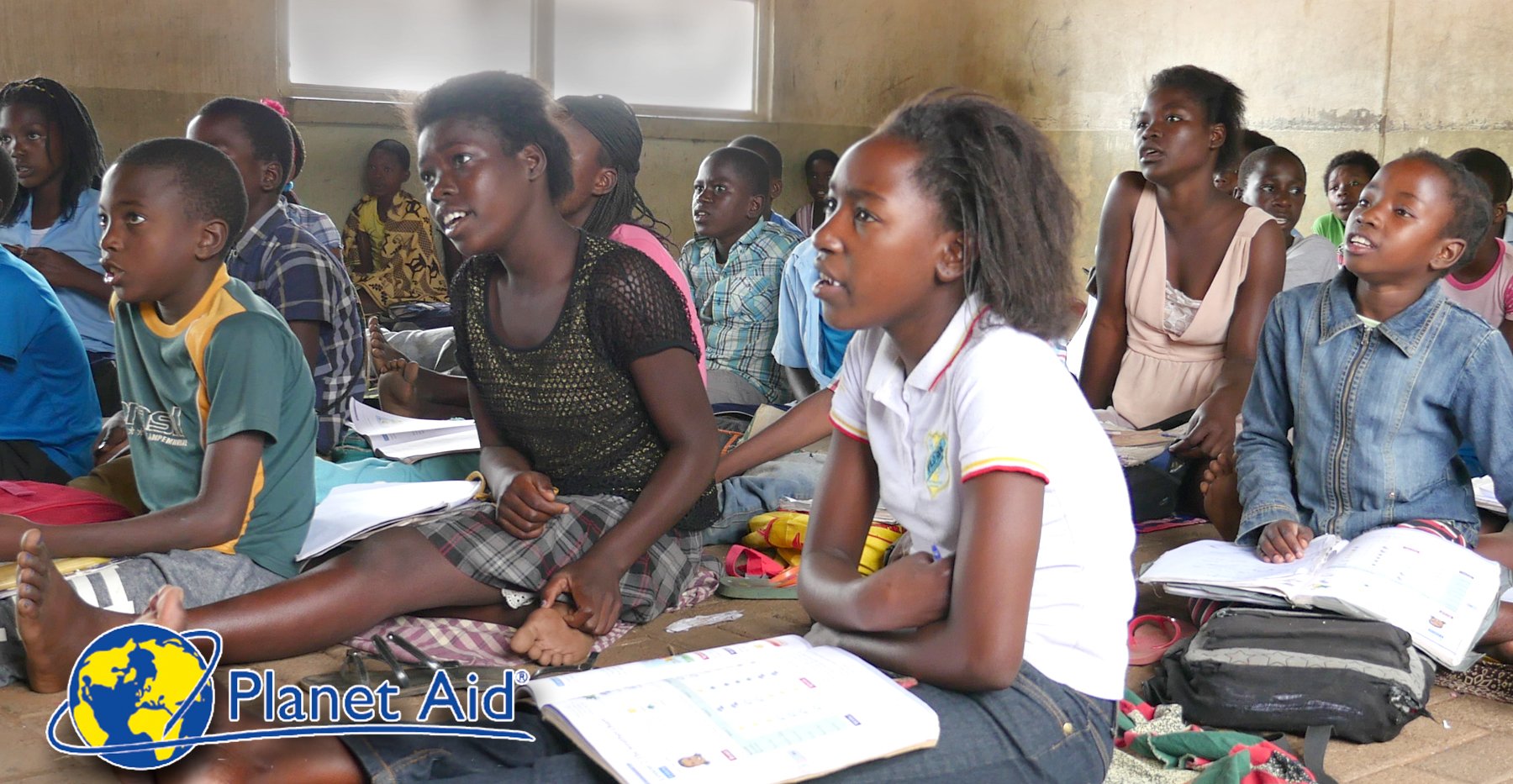Literacy: A Cornerstone of Development

September 8 is International Literacy Day
Literacy is the foundation for lifelong learning. Essential to social and human development, literacy is one of the first steps to empowering individuals to improve their lives.
Though literacy rates are improving globally, there is still a long way to go. Sub-Saharan Africa is one of the areas most in need of improvement, with 38% of adults are unable to read or write. Youth literacy rates (ages 15-24) have increased over the past 20 years, but these rates (71%) are the lowest of any African region. By comparison, the U.S. literacy rate is 99%. The good news is that in sub-Saharan Africa, primary school enrollments have increased, yet this area has the lowest net enrollment rate of primary education in the world.
Kofi Annan said: "For everyone everywhere, literacy is...a basic human right."
Barriers to increasing literacy include the lack of books, especially in rural areas, but also the lack of skilled teachers. The quantity and quality of teachers is essential to achieving inclusive and quality primary education for all, which is Goal 4 of the United Nation's Sustainable Development Goals.
Planet Aid is dedicated to strengthening education and raising literacy levels in impoverished regions. Planet Aid supports teacher-training in Africa and in India, helping to graduate more than 9,500 qualified teachers per year. These colleges are located in rural areas, and the graduates become leaders in both the classroom and the community, inspiring change. The teacher training colleges offer accredited programs supported by local and national ministries of education.
Training a new generation of educators who are an inspiration to not only students but members of the community is the first step in improving literacy rates and thus increase development and economic growth. Even with minimal resources - lack of books, as an example - these new teachers become agents of change. Read more about teacher training colleges.
